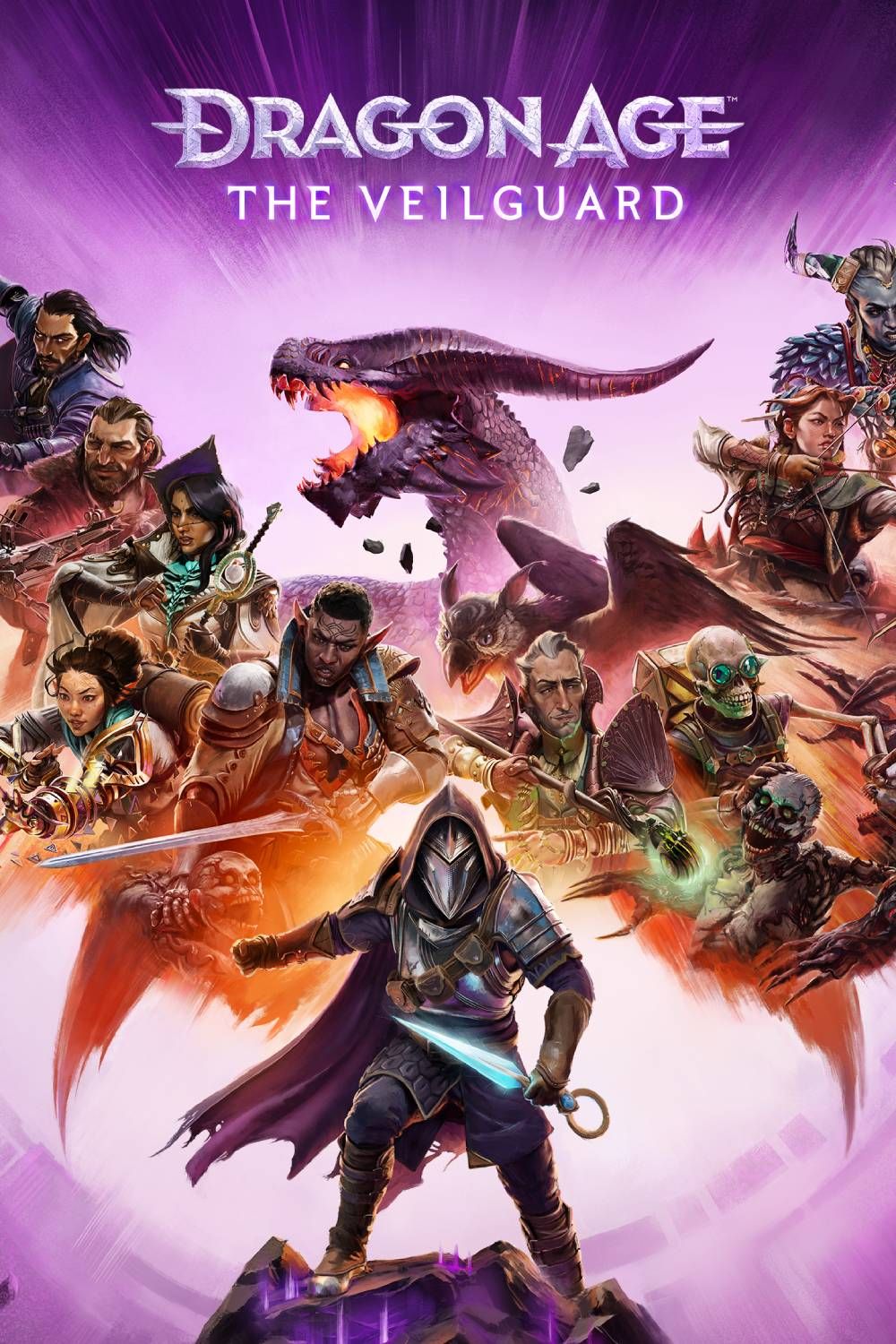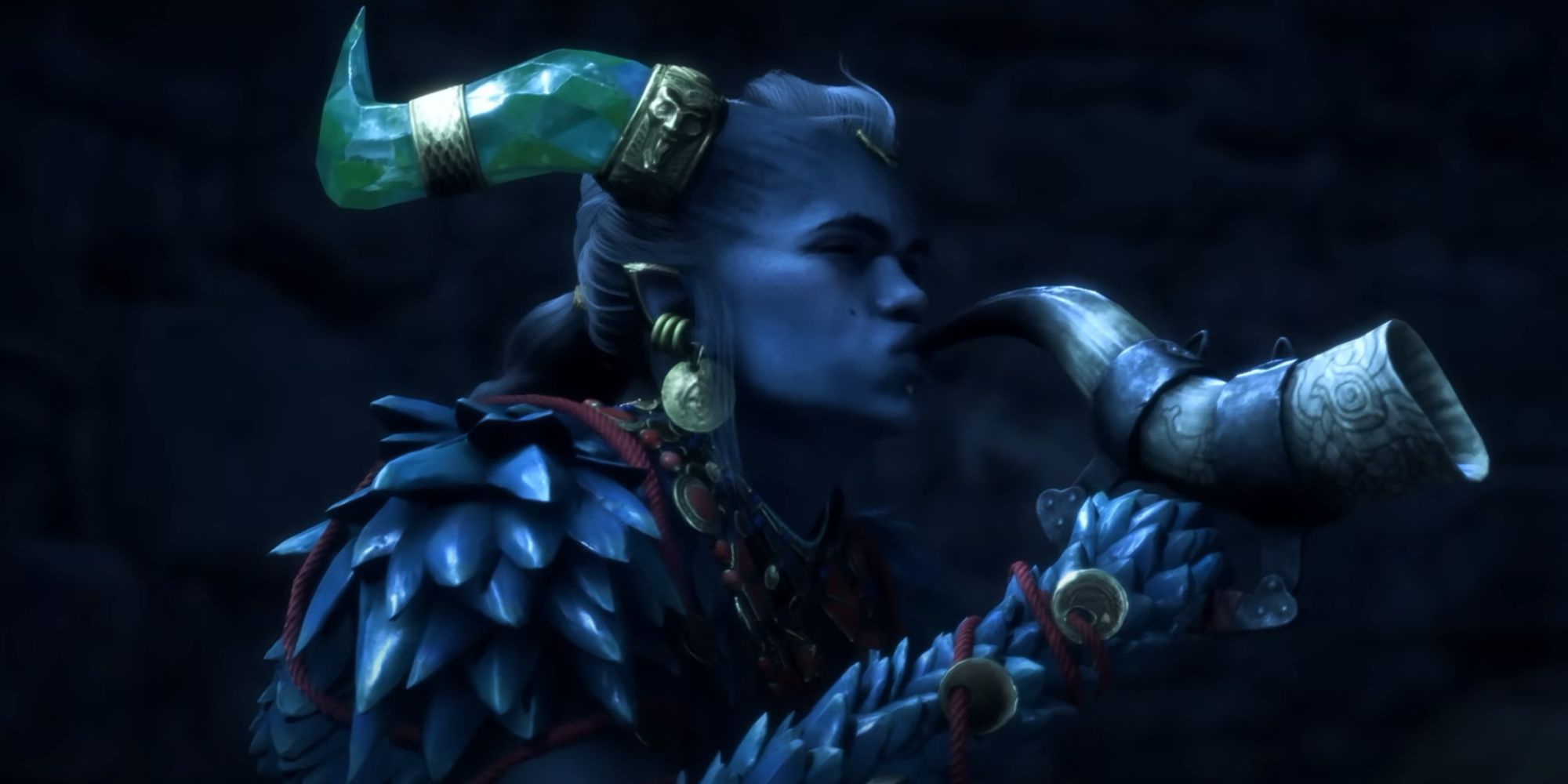[ad_1]
Key Takeaways
- There’s been consistent criticism of the writing in Dragon Age: The Veilguard.
- Fans have complained about the lack of dialogue diversity and the superficial interactions with companions.
- Why can’t my Rook be an asshole?
It’s difficult to evaluate Dragon Age: The Veilguard because it does a lot of things right, but a consistent point of criticism the game has been facing from long-time fans is the quality of writing. This is especially prevalent in discussions about the game’s dialogue, where Rook says essentially the same thing regardless of the tone you want Rook to convey in their answer.
This topic emerged in a recent Reddit thread by user Pattonesque, who complained about the lack of diverse dialogue in the game. According to them, a lot of dialogue in The Veilguard boils down to some variation of “Thank you so much,” “I am so sorry,” or “Are you OK?” In my (ongoing) personal experience with the game, I would say this is broadly true, Rook has been written less like a moldable protagonist and more like an empathetic hero, always ready to cater to the emotional needs of his friends.
Therapy with Doctor Rook
The thread’s commenters are generally in agreement, comparing companion dialogue to glorified therapy sessions. “I honestly feel more like a therapist to these companions instead of their friend/love interest,” writes Illustrious-Web-8860. “Not even a good therapist because Rook’s responses are such generic platitudes,” replies onecatshort.
Rook’s response to his companion’s trauma tends to be “We just have to get through it,” which isn’t much help, but we do have Thedas to save, I suppose. One of the real gripes people have is that Rook can’t just be an asshole, he can only be supportive or, at the very worst, dismissive. It’s a work of roleplaying fiction, there should be an option to not protect the feelings of everyone.
The user Gary_Targaryen (first of his name?) makes a very salient point about how relationships are depicted in Dragon Age: The Veilguard. The characters make an effort to talk through disagreements, validate feelings, form bonds through conversation and so on, but in a very superficial manner considering the setting. “It’s stuff that is needed in real life, but it’s a very silly thing to do in fiction. The characters’ bonds are deepest and most meaningful when they’re forged through their shared experiences and cooperation through the events of the plot, rather than taking time away from the plot to make friends,” they write.
I think an apt comparison is Mass Effect, wherein Shepard and Garrus become lifelong friends through dozens of shared adventures where the going gets tough. Sure, you can ask Garrus how he’s feeling about certain things, and he’ll tell you, but you don’t have to negotiate a cooking rotation with him and coddle him for him to like you. It’s a different sort of relationship, but one that feels less manufactured than what we see in The Veilguard.

Dragon Age: The Veilguard is the long-awaited fourth game in the fantasy RPG series from BioWare formerly known as Dragon Age: Dreadwolf. A direct sequel to Inquisition, it focuses on red lyrium and Solas, the aforementioned Dread Wolf.
[ad_2]


